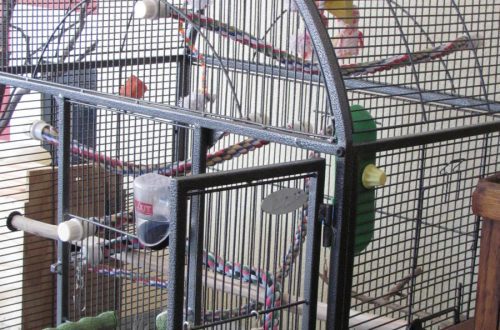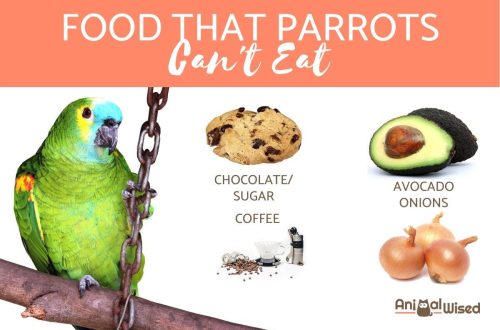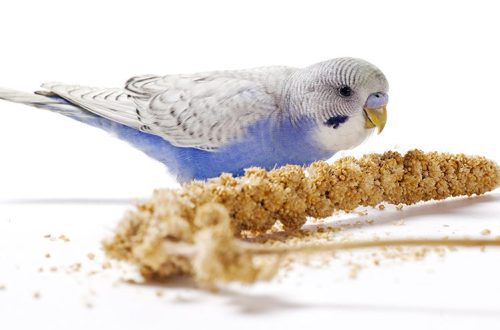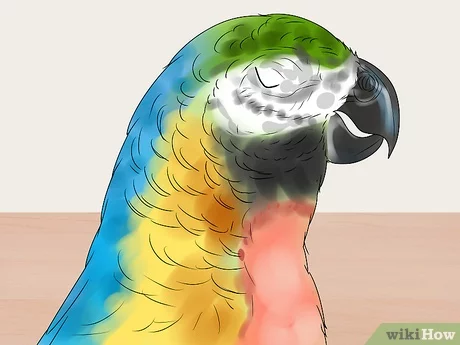
The parrot has a molt: what to do
Moulting in parrots is a natural process necessary for the health and beauty of plumage. The frequency, intensity and duration of molting in birds can vary depending on various factors. The main ones are: air temperature, daylight hours, type and age of the parrot, its general well-being, dietary habits, stress level, etc.
In some pets, plumage can be updated once a year, in others – once every few months. Usually, the more often the molt passes, the less intense it is.
It is important not to confuse molting with diseases! During the molting period, the feathers of the parrot fall out evenly, there should be no bald patches on the body of the bird. If the feathers peel off in clumps, exposing areas of the skin, as well as with itching and the appearance of sores, you should contact a veterinarian as soon as possible!
On average, a parrot’s molt lasts about two weeks, but the process can take several months. Despite the naturalness of the process, the change of plumage is always a great stress for the body. The parrot may experience discomfort, itching, loss of appetite, lethargy, irritability, or fearfulness. Therefore, prolonged molting can significantly weaken the health of the bird.
To prevent this from happening, the pet’s body must be supported. The change of plumage starts metabolic processes, and the need for vitamins increases in the parrot. So, the main task of the owner is to make sure that the pet’s diet is carefully balanced. Also, to accelerate molting, it is recommended to use special feed additives with vitamins. Such additives are used both for natural and false molting – and help not only to speed up the change of plumage, but also to correct the behavior of the pet (relieve irritability, shyness, insomnia, restore appetite, etc.), significantly reducing the level of stress.
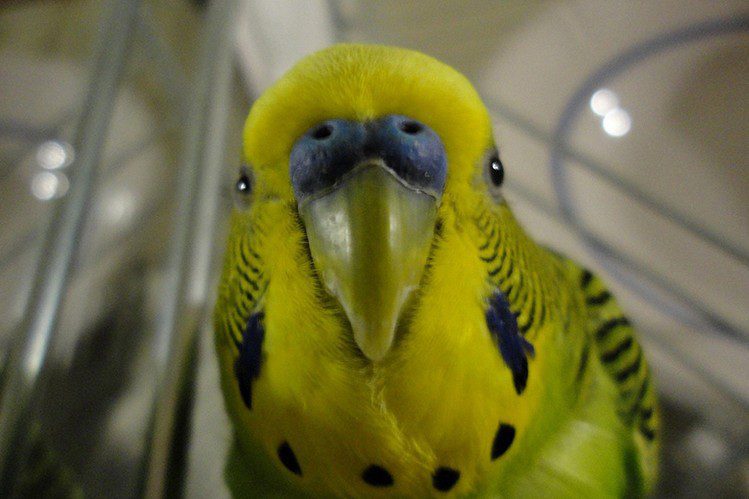
The natural process of molting does not affect the bird’s ability to fly. The only exceptions are very young pets who have not yet fully mastered this skill. If during the “molt” the parrot has difficulty moving, “misses” with perches, etc., visit a veterinarian. Most likely, in this case we are talking about a disease.
During the molting period, parrots need more careful care than usual. Take care that the pet is not disturbed by irritating factors, for its normal nutrition and sleep. Also, do not forget that during molting you can not breed. There should not be any additional load on the parrot’s body.
Beautiful plumage to your wards!



